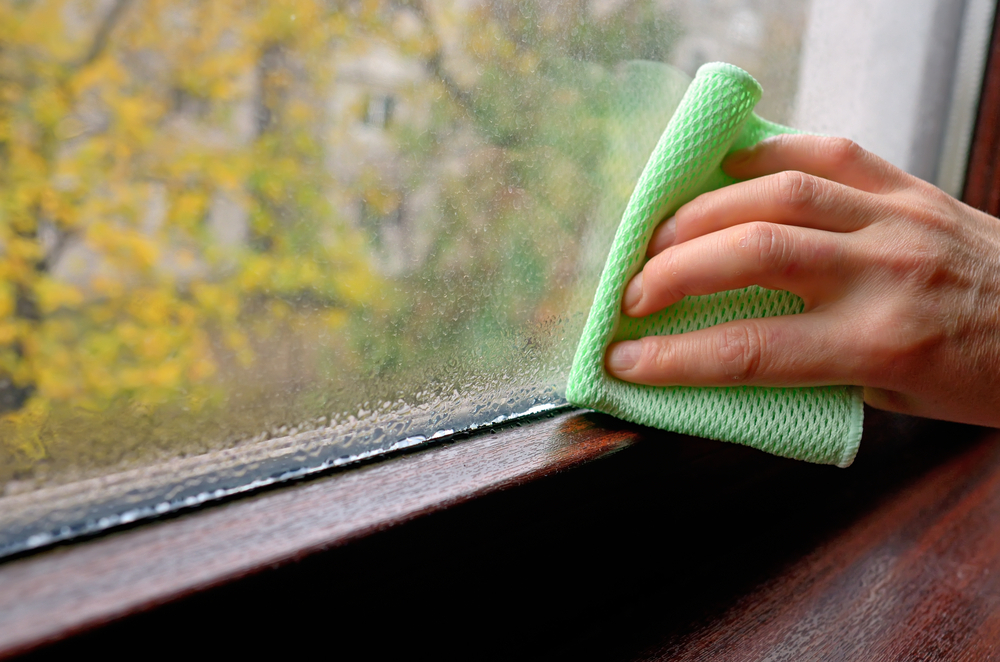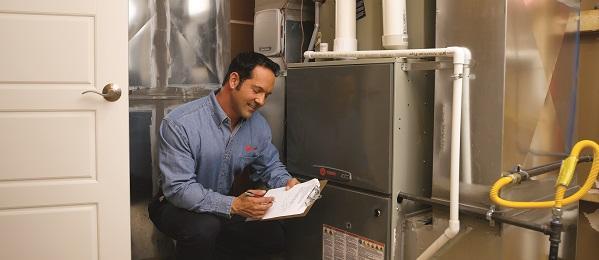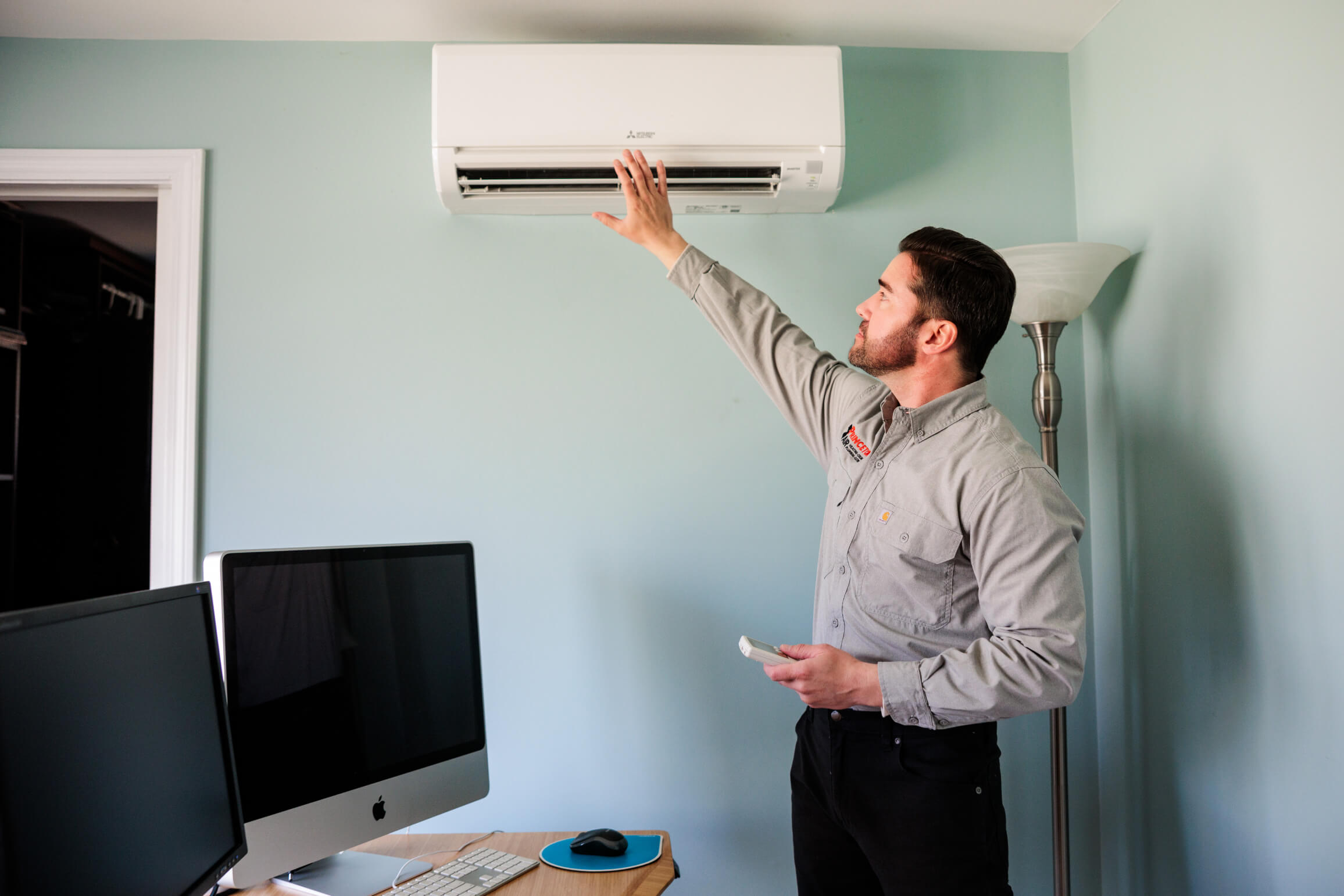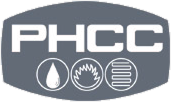Will increasing the humidity in your home make it safe from the coronavirus? There are lots of COVID-19 related questions about your home floating around the internet, so learn how to separate fact from fiction with Princeton Air, Central New Jersey’s leading whole home services contractor.
Having healthy breathing air in your home has always been important to New Jersey and Pennsylvania homeowners, but in recent days we have been spending more and more time thinking about the steps we can take to ensure that the houses we’re spending an increased amount of time in are not making us sick, or making it easier for us to get sick.
If you’re wondering, “Does indoor humidity affect coronavirus or COVID-19?”—so are we! We looked into the science available on this topic, and have a few suggestions for steps homeowners can take to improve the indoor air quality (IAQ) of their Trenton, Edison, or Bensalem, PA home.
Will Raising My Home’s Humidity KIll the Novel Coronavirus?
There are a number of science-based questions about the novel coronavirus (officially called SARS-CoV-2) that causes COVID-19, but unfortunately, this virus is so new that there hasn’t been enough time to run the necessary tests to confidently answer all of them, like how the virus spreads, how long it lives on surfaces, and whether there are steps you can take in your home to kill it.
According to Nathan Yost, a retired pulmonary physician and building scientist, viruses similar to SARS-CoV-2 prefer lower relative humidity levels, which could be one of the reasons why influenza (the flu) tends to recede in the summer, when humidity levels rise.
However, there isn’t much direct evidence that raising the humidity in your house would make a significant difference in the likelihood that you could contract the coronavirus in your home. Instead, you could be opening the door to other health issues.
Why Should I Care About My Indoor Air Quality?
Poor indoor air quality in a home can lead to a number of health symptoms ranging from inconvenient to very dangerous to you and your family, including:
-
Coughing & sneezing
-
Dryness and irritation of the eyes, nose, throat, and skin
-
Headache
-
Allergy-like symptoms
-
Dizziness
Indoor air quality can be affected by any number of factors, from pet dander and dust to VOCs (volatile organic chemicals like cleaning products and paint) to mold growth from high humidity levels.
Princeton Air Can Make Your Home Healthy
Luckily, Princeton Air has a number of services that can help improve your IAQ.
First, schedule indoor air quality testing with our team to see if you need to take additional steps to address unhealthy indoor air.
Moving forward, humidifiers and dehumidifiers can help keep your home’s relative humidity levels in the recommended 50% range.
And air treatment equipment like UV lights, air purifiers, and HEPA air filter installation can ensure that the air circulating in your central ductwork system isn’t inadvertently distributing harmful air pollutants, mold, or bacteria in it.










